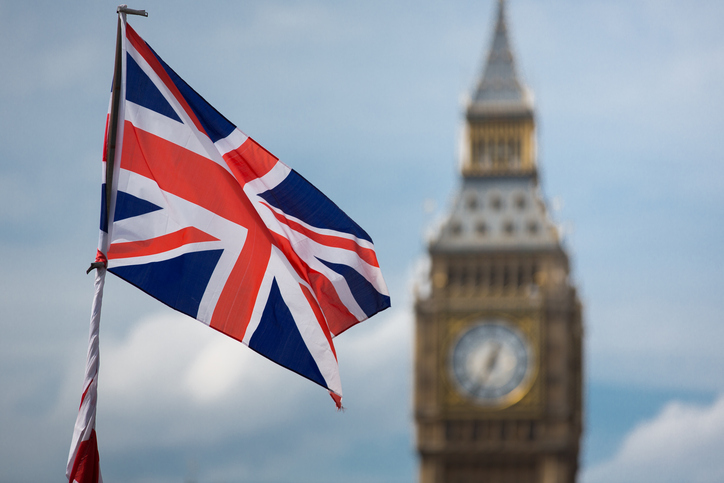The UK’s Prime Minister said that elements of it (the Common Commercial Policy and the Common External Tariff) prevented the UK from striking trade deals around the world. By leaving it, she hopes to give Britain the freedom to secure free trade deals across the globe with countries such as the US, China and India. However, at the same time she said she wanted the UK "to have a customs union agreement with the EU", and added, "Whether that means we must reach a completely new customs agreement, become an associate member of the customs union in some way, or remain a signatory to some elements of it, I hold no preconceived position."
In a bullish statement, she said she would rather "do no deal" than one which is a "bad deal for Britain” and she warned that any attempt by the EU to punish the UK for its decision to leave the European Union would result in a change to the UK’s "economic model" and a lowering of corporate tax rates and slashing of regulation to directly compete with economies within the EU.
Although he repeated his regret that the UK would be leaving the organisation, Donald Tusk, President of the European Council described Mrs May's demands as “realistic” and said that the remaining get 27 nations were ready to negotiate.
As Mrs May’s 12-point plan was revealed, the pound soared against the dollar, the highest one-day rise since 2008, but the news came at the same time as a rise in inflation which jumped from 1.2 to 1.6 per cent in December.
Director of the CBI, Carolyn Fairbairn welcomed the improved clarity that the speech delivered, but warned that ruling out access to the single market "reduced options for maintaining a barrier free trading relationship" and said it would be a concern that the UK would have to fall back on " damaging World Trade Organisation rules".
Addressing the controversial subject of immigration, Mrs May made clear that there will be restrictions to EU migration as a result of the referendum but did not give any specific details. During the referendum campaign, Brexit campaigners called for a "points-based" system, similar to that used in Australia, but this would involve applications being accepted on the basis of skills and has been previously been rejected by Mrs May, who, in her previous role as Home Secretary, argued it would not offer the government sufficient controls.
The current Home Secretary Amber Rudd is said to be considering enforcing a requirement on migrants to have a work permit before coming to work in the UK, which would enable the government to prioritise different sectors.
Mrs May said that a deal to ensure the rights of British expats to remain living in the EU - and for EU nationals to stay in the UK would be a priority and she was confident that a deal on this issue could be signed almost immediately. But while she said she would like to be able guarantee the status of those EU citizens already living in the UK, she emphasized that Britain would need a reciprocal agreement with the EU in place for that to happen.
The Prime Minister also said that rules governing immigration, financial regulations and law and order that are currently shared between the UK and EU may well continue after Brexit and be phased out or replaced gradually in order to give businesses time to plan. Having announced that the UK will give formal notice to leave the EU at the end of March with the triggering of Article 50, she has allowed two years for the negotiations to be completed and she proposed a "phased process of implementation" after a deal has been reached, to allow each element of the deal to be introduced. She has also indicated that the UK’s financial sector could have its own phasing period and that existing passport arrangements would be maintained during that time.
Workers’ rights - currently set out in EU law and adhered to by the UK will apparently continue, though there is pressure from many free marketeers, particularly within Mrs May's own Conservative party to scrap protections such as the Working Time Directive that prevents many employees from working for more than 48 hrs per week.
Talks about trade have already begun with China, Brazil, some Gulf States, Australia, New Zealand and India and it is hoped that a deal will also be struck with the US soon after the UK’s official exit from the EU.
Parliament will be given the opportunity to vote on the final deal after negotiations with the EU after Article 50 is triggered at the end of March.
Mrs May sought to allay concerns, saying, “We will seek to avoid a disruptive cliff-edge, and we will do everything we can to phase in the new arrangements we require as Britain and the EU move towards our new partnership.”
Check FEM's Immigration hub for further updates
FEM members are invited to comment and post their own articles on the announcement.







Please sign in or register for FREE
If you are a registered user on The Forum for Expatriate Management, please sign in